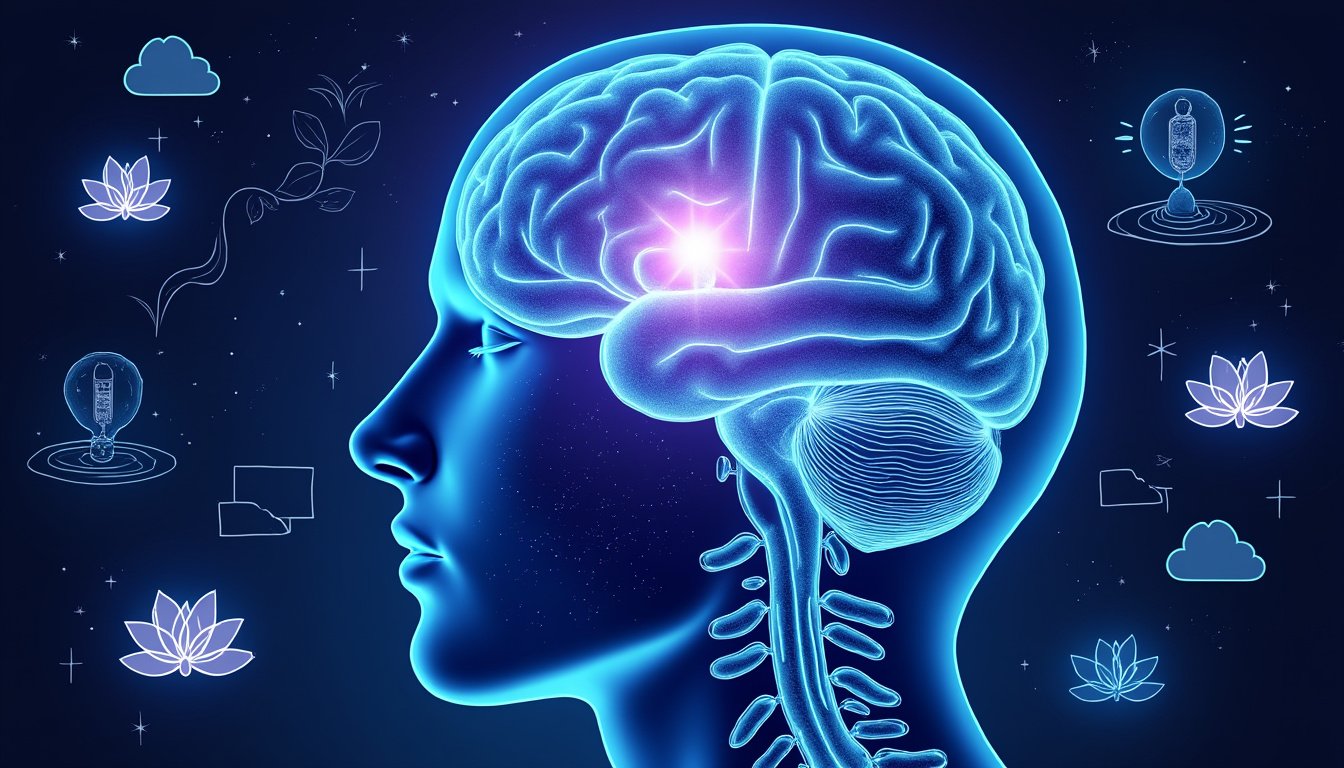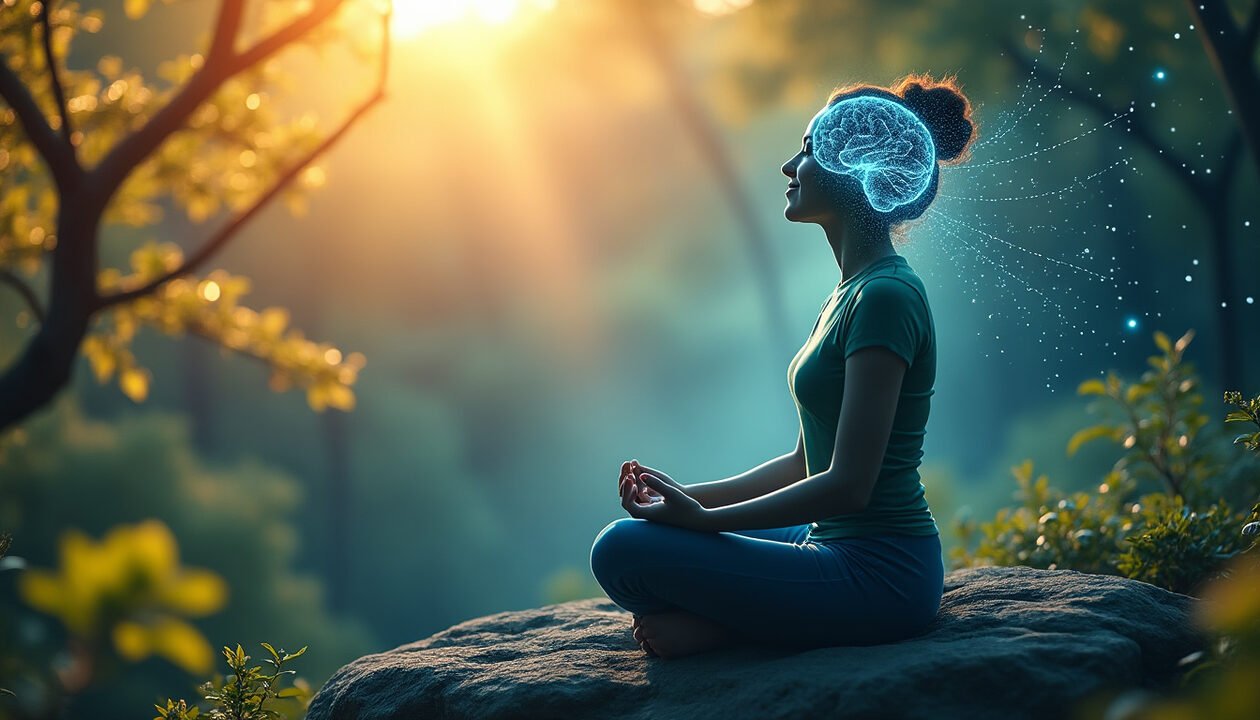In terms of emotion management, quick relaxation proves to be a powerful tool. Recent scientific discoveries highlight its many benefits, particularly in reducing stress and anxiety. By integrating relaxation strategies into our daily lives, we can better control our emotions, improve our mental and physical well-being, and ultimately lead a more balanced life. This article explores the mechanisms through which quick relaxation influences our emotions, offering practical and effective solutions for everyone.
The scientific foundations of quick relaxation
The science of relaxation is based on solid principles derived from neuroscience. Studies have shown that quick relaxation techniques, such as deep breathing or meditation, alter the chemistry of our brain. Indeed, the regular practice of these methods leads to an increase in endorphin levels and a reduction in cortisol production, the stress hormone.

Impact on the nervous system
When we engage in relaxation techniques, our nervous system enters a state of tranquility. This results in a decrease in heart rate and muscle relaxation, thereby allowing for better regulation of emotions. A study even revealed that mindfulness meditation helps individuals better manage their emotional responses to stressful situations.
Meditation and mindfulness
Meditation is one of the most effective quick relaxation techniques. It helps channel our thoughts and focus on the present moment. By practicing meditation regularly, we improve our ability to manage difficult emotions. This transforms impulsive reactions into thoughtful responses. For those looking to start, meditation apps offered by experts can greatly assist in learning this practice.
Quick relaxation techniques to integrate into your daily life
There are many quick relaxation techniques accessible to everyone, whether at home, at work, or on the go. Here are some of the most effective:
4-7-8 breathing
This breathing technique involves inhaling for 4 seconds, holding your breath for 7 seconds, and then exhaling for 8 seconds. This process helps reduce anxiety quickly and promotes better sleep quality. Studies have shown that this technique lowers cortisol levels in the body.

Body scan
The body scan is another effective method that invites attention to each part of the body by releasing accumulated tension. Regular practice of this technique helps strengthen the connection between the body and the mind, allowing for better emotional management.
The benefits of quick relaxation on emotion management
The benefits of quick relaxation go beyond simple relaxation. They directly influence our ability to manage our emotions. Here are some key impacts:
Improvement of concentration
By improving our state of relaxation, we are also able to concentrate better. Research has shown that relaxation techniques promote neuroplasticity, thereby increasing our capacity for learning and adaptation.
Reduction of anxiety and stress
Quick relaxation effectively decreases anxiety levels. Studies indicate that practicing relaxation techniques can prevent the onset of long-term anxiety disorders by providing emotional balance. This opens the door to more positive and enriching social interactions.

Emotional balance
Finally, quick relaxation plays a crucial role in maintaining our emotional balance. By learning to relax quickly, it becomes easier to approach daily challenges with serenity, thereby improving our overall well-being.
Integrating relaxation into your daily routine
To benefit from all the advantages of quick relaxation, it is essential to integrate it into your daily routine. Here are some suggestions on how to achieve this:
Take regular breaks
One of the first steps is to take regular breaks, even in the middle of the day. This allows for the quick application of relaxation techniques, including breathing exercises or conscious pauses.
Create a relaxation space
Set up a space at home dedicated to relaxation. This can be a reading corner with comfortable cushions or a meditation space. An environment conducive to relaxation fosters the application of the techniques learned and enhances their effects.

Use wellness apps
Many meditation and relaxation apps are available on the market. These tools can guide your relaxation sessions and help you stay motivated in your emotional improvement journey.
Long-term impact of quick relaxation on mental health
The benefits of quick relaxation are not limited to immediate effects. In the long run, its integration into our daily lives can transform our relationship with emotions and our overall mental health. Research in neuroscience reveals that regularly practicing relaxation techniques is beneficial for psychological resilience and emotional regulation.
Strengthening emotional resilience
By adopting relaxation practices, we contribute to building better emotional resilience. This translates to an increased ability to face challenges and difficulties. Experiencing negative emotions becomes easier to manage, thanks to the integrated relaxation strategies.
Promoting overall well-being
Regular practice of relaxation not only improves emotion management. It also fosters increased overall well-being by contributing to hormonal balance and improving sleep quality. The various relaxation techniques thus fit into a comprehensive approach to well-being in daily life.


